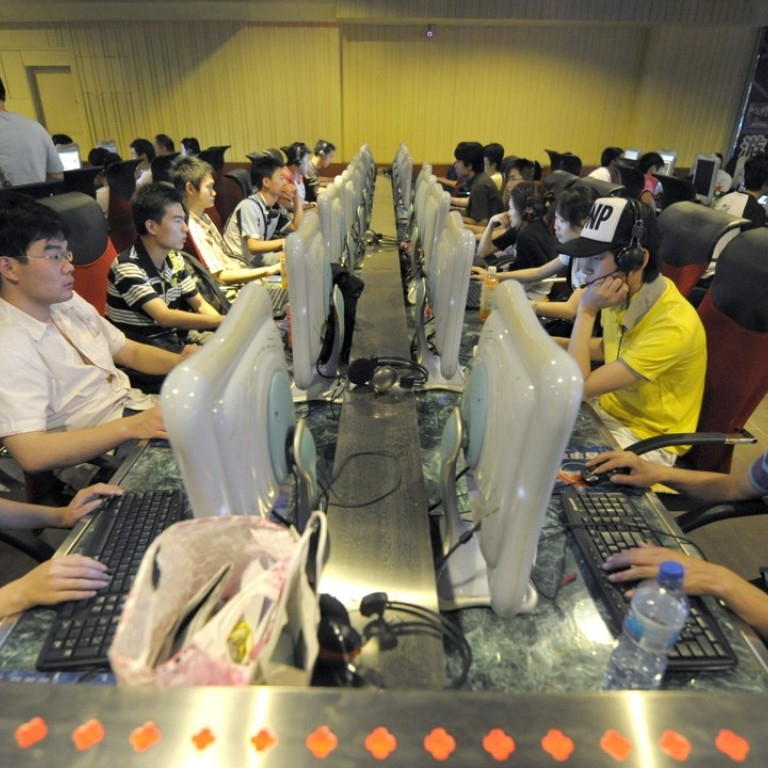
Why China owes its strict censors: or how Google and Facebook met their match
Scholars have summarised that Chinese netizens negotiate political control in cyberspace through three major strategies: rightful resistance, artful contention, and digital hidden transcripts – jargon for smart channels to test the boundaries of what can or can’t be discussed online. Meanwhile, new technologies also create new space and communication modes which directly foster user engagement and fuel creativity.
The top ten things you need to know from the China Internet Report
The creativity reflects how Chinese society views the government and current affairs, but too much can become a “language barrier”, not between the government and the netizens but among netizens themselves. Some terms are too creative and confusing and some fade within a few days. This may be why there has been no systematic compilation of the online political jargon – it disappears too quickly.
Google reported to launch censored search engine in China
Without outside competition, local enterprises can ensure their income. If there were no shield, the China market might have been dominated by Google and Facebook, rather than Baidu and Weixin.
In this sense, China’s censorship encourages creativity and innovation, rather than suppressing them. Language, as a tool of human communication, will be constantly changing, morphing, transforming, and improving, and this undeniably requires the concerted determination and effort of individuals.
Adrian Lam, Kornhill
ᐧ

